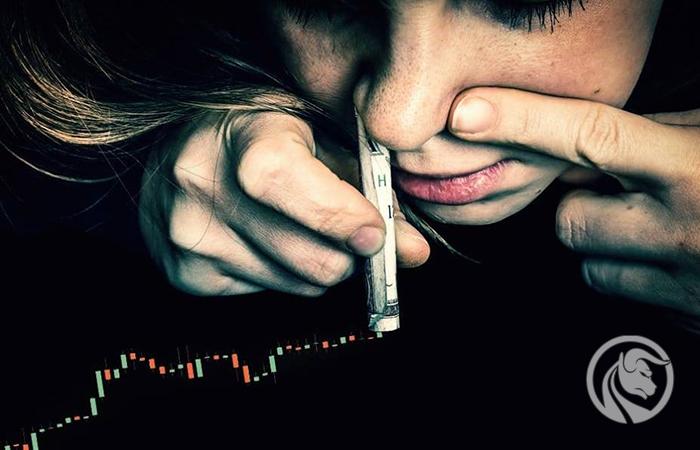
Addiction is a serious problem that affects people across all walks of life. In the world of trading, addiction can be particularly destructive, leading to financial ruin, emotional distress, and other negative consequences. The problem of addiction in trading is one that requires careful consideration and attention.
One of the primary reasons why addiction is a problem in trading is due to the nature of the industry itself. Trading can be an exciting and high-stakes activity, with the potential for large financial rewards. This can make it particularly enticing to those who are prone to addiction, as the rush of adrenaline and the allure of making a big win can be addictive.
Additionally, trading is often characterized by uncertainty and risk, which can make it challenging to know when to stop or when to pull back. This can lead traders to engage in excessive risk-taking behavior, even when the odds are not in their favor, which can further exacerbate the problem of addiction.
Another contributing factor to addiction in trading is the prevalence of online trading platforms, which make it easier than ever before for individuals to engage in trading activities from the comfort of their own homes. While this convenience may seem appealing, it also means that traders are more isolated and may not have the support and accountability that comes with working in a traditional trading environment.
The consequences of addiction in trading can be severe, both financially and emotionally. Traders who become addicted may find themselves spending excessive amounts of time and money on trading, which can lead to financial ruin and other problems, such as relationship difficulties or mental health issues.
To address the problem of addiction in trading, it is important for traders to prioritize self-care and seek out support and resources as needed. This may include setting limits on trading activities, seeking out professional counseling or addiction treatment, and engaging in other healthy habits such as exercise, meditation, or spending time with loved ones.
Overall, addiction in trading is a serious problem that requires attention and awareness. By understanding the underlying causes of addiction and taking proactive steps to address it, traders can better manage the risks and potential consequences associated with this challenging but rewarding activity.

 Mental fatigue is a common problem for traders, particularly those who engage in long hours of trading or who make high-stakes decisions on a regular basis. Mental fatigue can manifest in a variety of ways, including decreased concentration, impaired decision-making, and increased stress levels.
Mental fatigue is a common problem for traders, particularly those who engage in long hours of trading or who make high-stakes decisions on a regular basis. Mental fatigue can manifest in a variety of ways, including decreased concentration, impaired decision-making, and increased stress levels. Trading can be a valuable pursuit for those who have an interest in finance, economics, and the stock market. It can provide a platform for individuals to gain financial independence, and it can also be a means of generating income and building wealth over time.
Trading can be a valuable pursuit for those who have an interest in finance, economics, and the stock market. It can provide a platform for individuals to gain financial independence, and it can also be a means of generating income and building wealth over time.